The views expressed in our content reflect individual perspectives and do not represent the authoritative views of the Baha'i Faith.
The world has become a new world. The darkness of night which has enveloped humanity is passing. A new day has dawned. Divine susceptibilities and heavenly capacities are developing in human souls under the training of the Sun of Truth. The capacities of souls are different. Their conditions are various. – Abdu’l-Baha, The Promulgation of Universal Peace, p. 23.
I’m deeply comforted by the idea that each human being is endowed with differing capacities.
Most especially when I’m asked, “aren’t you over that yet?” My father got tired of reading my sad, depressing poems about being raped. He wanted me to stop expressing my dark feelings, or at least heal on his timetable. I understood why–because the topic saddened him and created a feeling of helplessness within him.
From my point of view, how long it takes to heal mentally/emotionally/physically depends upon each individual and their capacity. I was 8 years old when I was raped. Since I was threatened at knife point and told to be quiet or the same thing would happen to my sister, I remained silent until I was 18 years old. I’m 46 years old now. It took me a long time to progress from saying “a black man raped me” to “I was raped.” I’m still working on healing, and on getting to a point where I won’t need to say anything at all.
Part of the difficulty? Mental and emotional healing don’t follow a linear course of action. It would have been wonderful if I could have gone to a counselor who provided me with a piece of paper delineating each step necessary to “deal” with my situation. But that’s not how it works.
The brain is a fascinating organ–multilayered, intricate, complex. It can quickly hardwire the sights, sounds, smells, tastes, touch, and emotions associated with a traumatic event. Introducing any other factors such as, a childhood rife with verbal, emotional, and/or physical abuse; additional trauma; a lack of support systems; and societal constructs like race necessitates a multi-faceted approach to healing.
Is it any wonder then that America struggles with prejudice? We’ve had hundreds of years of traumatic experiences to deal with—slavery, the Trail of Tears, the Civil War, the KKK, the Japanese internment camps, race riots, 9/11. We have created a society that is inundated with references to skin color, a hyper-fixation on one physical attribute. I know how this fixation has impacted my personal journey toward dealing with rape. In order to create new neural pathways enabling me to transform that hyper-fixation toward something healthier like full acceptance and love of all, I found I had to look within to recognize my own prejudices and impediments to the healing process, learn new definitions of what it means to be human, and have the willingness to change.
Transformation from one state of being into another is a painful process, yet, the Baha’i teachings tell us:
Holy souls are like soil which has been plowed and tilled with much earnest labor; the thorns and thistles cast aside and all weeds uprooted. Such soil is most fruitful and the harvest from it will prove full and plenteous. – Abdu’l-Baha, Foundations of World Unity, p. 76.
And ask us to: “Cleanse thy heart with the burnish of the spirit…” – Baha’u’llah, The Hidden Words, p. 24.
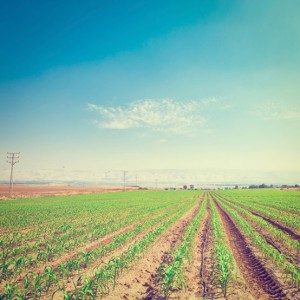
Have you ever seen or experienced for yourself the tilling and plowing of a field? Or burnished something like a silver pitcher, or waxed a car? These processes are difficult and time consuming. They require patience, fortitude and numerous other virtues I’m still learning about.
Sometimes, in the midst of my own journey, I find my focus remains too often on the painful aspects of change, the acts of burnishing and plowing. I forget the importance of stepping away from the pain in order to observe the progress I’ve made. Recognizing that progress aids me in rejuvenating feelings of hopefulness. It helps me to know that although transformation is not easy, it is worth it, its results wondrous. Only after I have taken that moment can I continue on.
Perhaps the same thing could be said about America and its racial issues. I often say this Baha’i prayer with the hope that America can overcome our prejudices and lead the world in demonstrating the unity of all people:
…O God! Let this American democracy become glorious in spiritual degrees, and render this just government victorious. Confirm this revered nation to upraise the standard of the oneness of humanity, to promulgate the Most Great Peace, to become thereby most glorious and praiseworthy among all nations of the world. O God! This American nation is worthy of thy favors and is deserving of Thy mercy. Make it precious and near to Thee through Thy bounty and bestowal. – Abdu’l-Baha, Baha’i Prayers, p. 23.


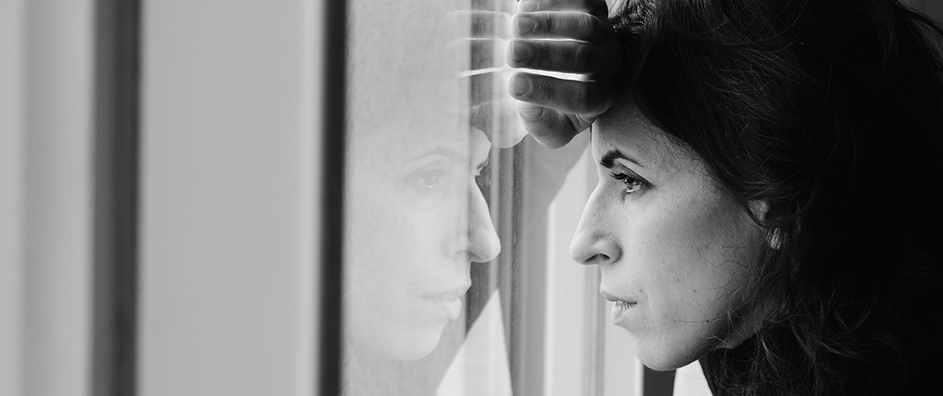
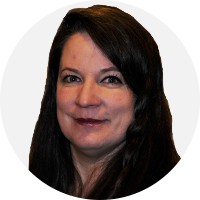

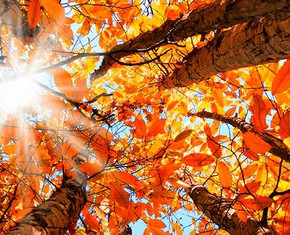
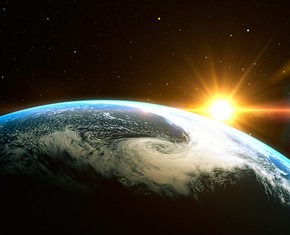









Comments
Sign in or create an account
Continue with Googleor